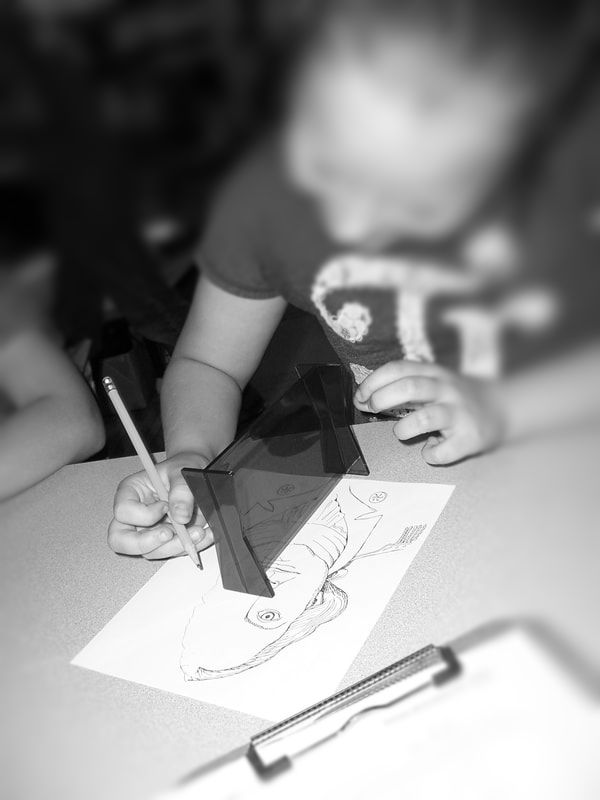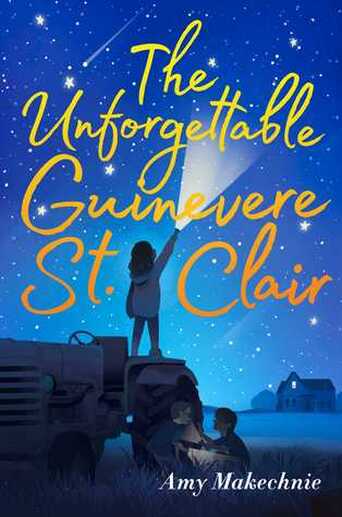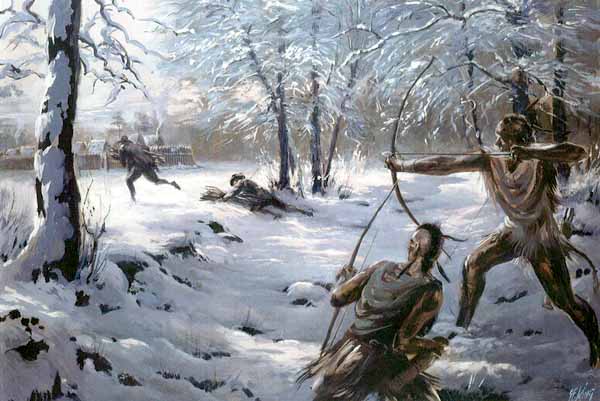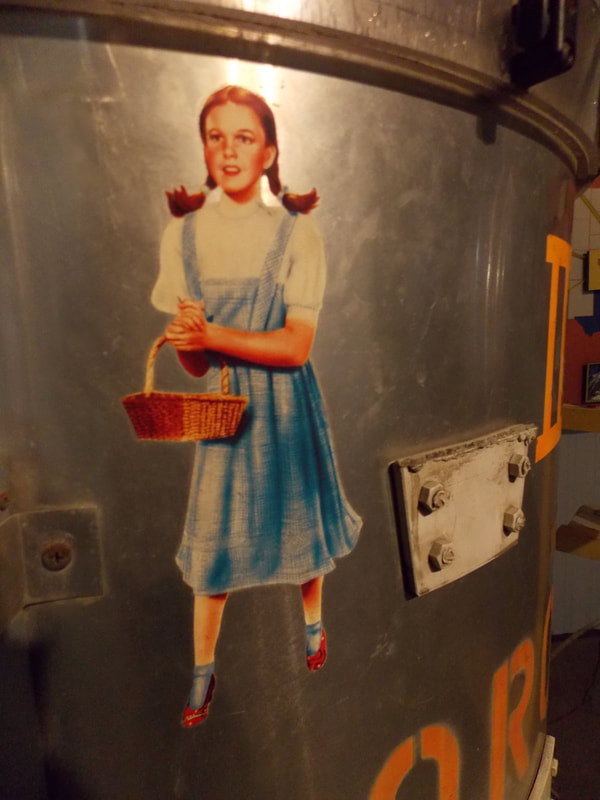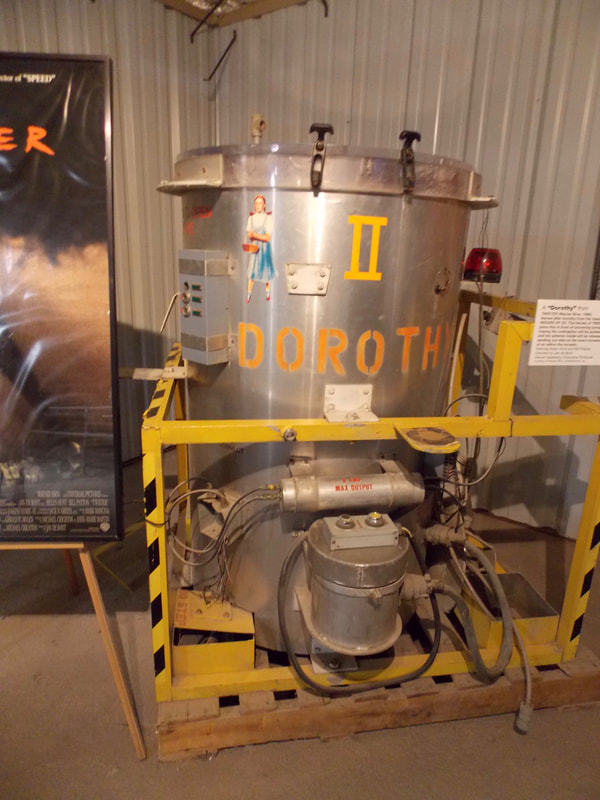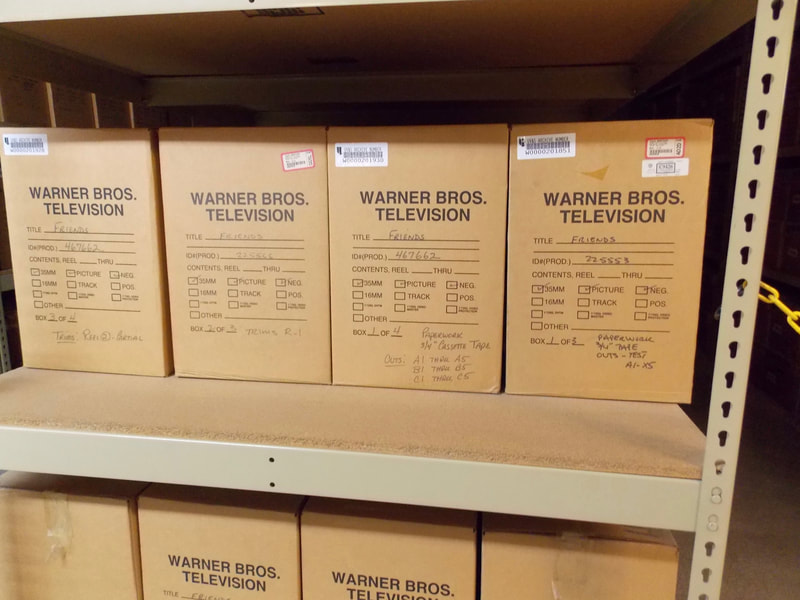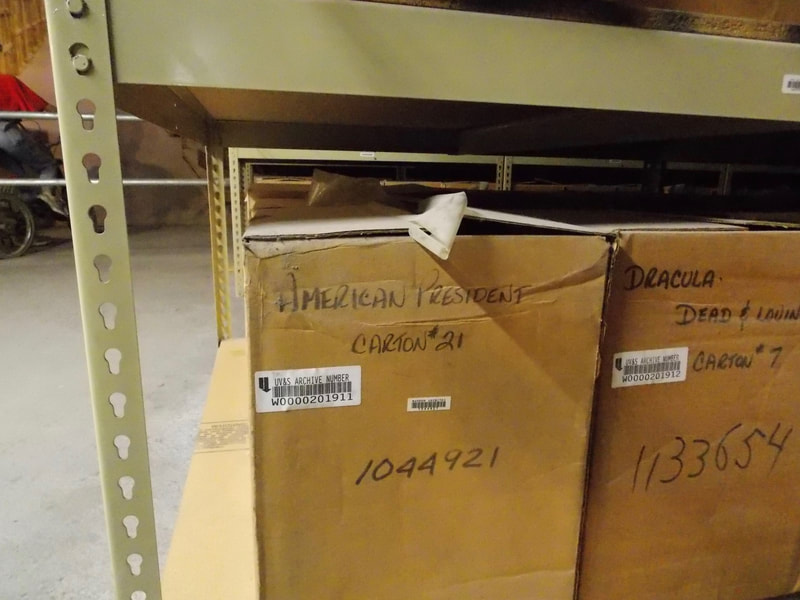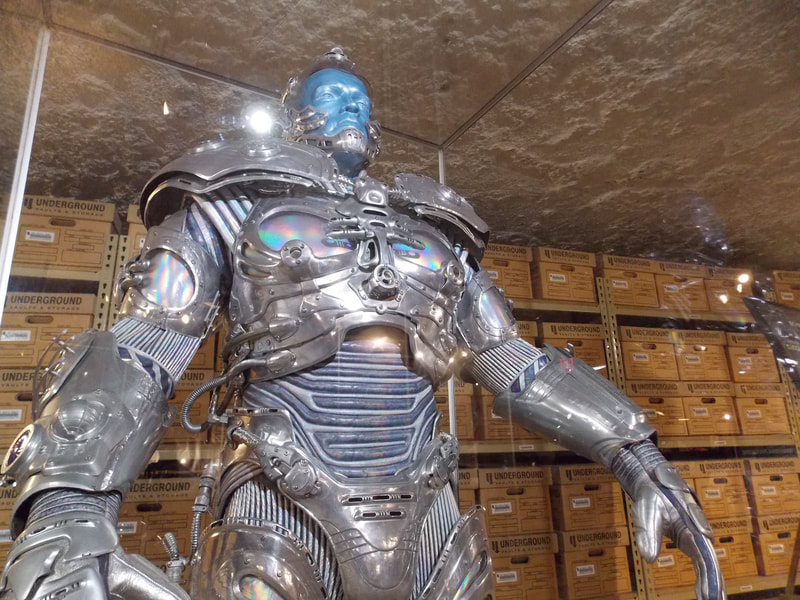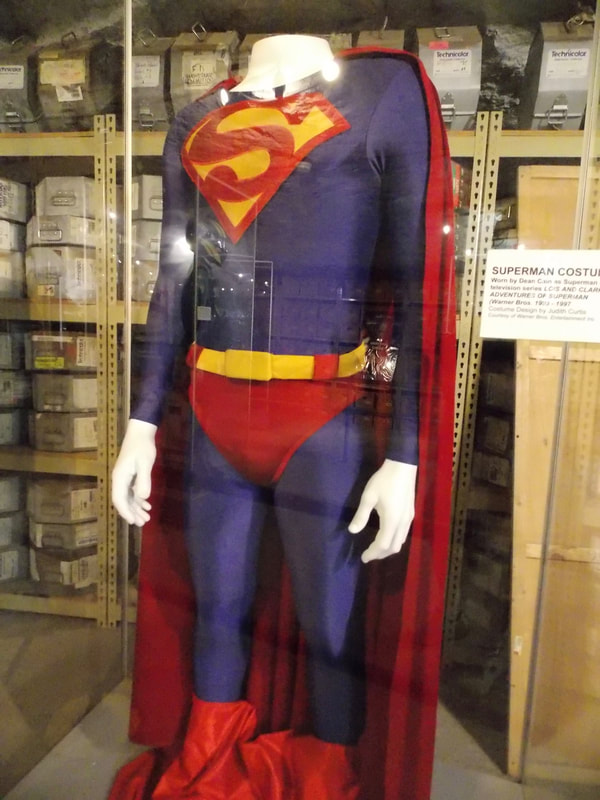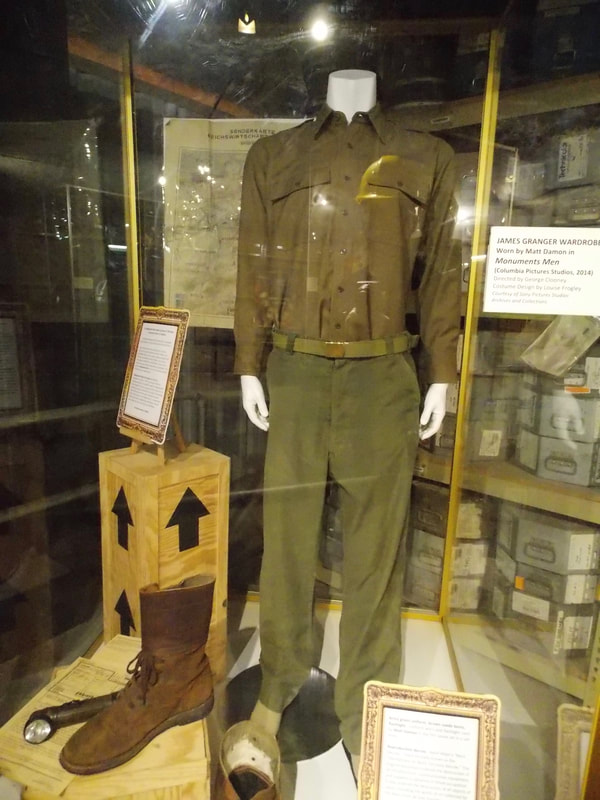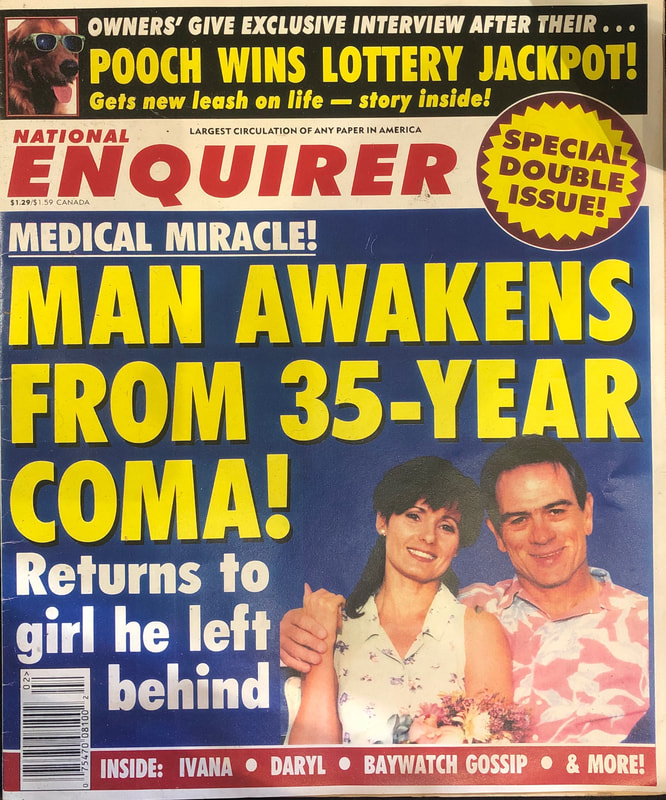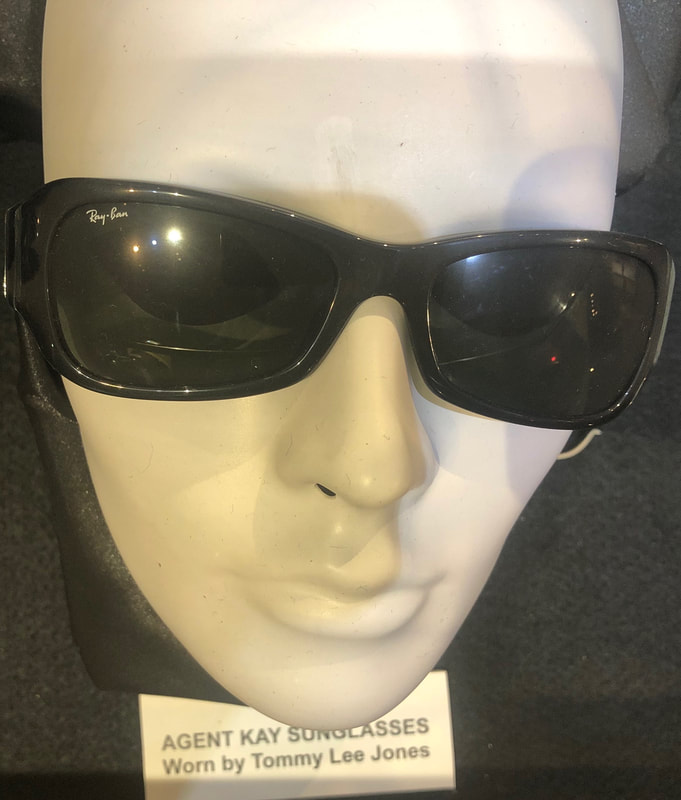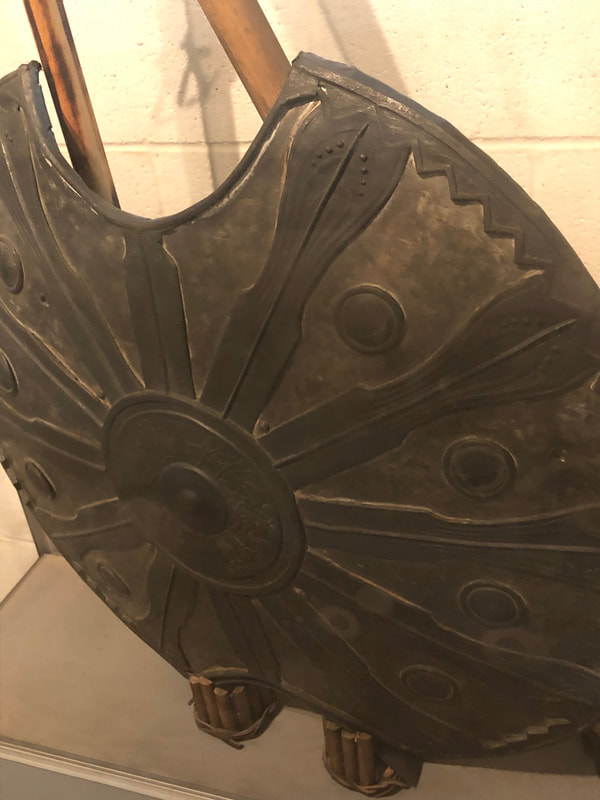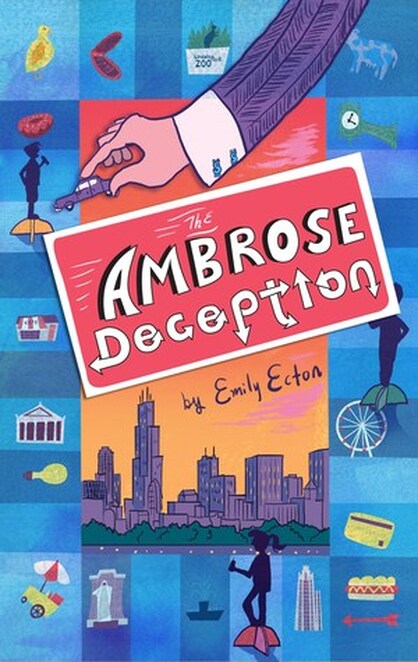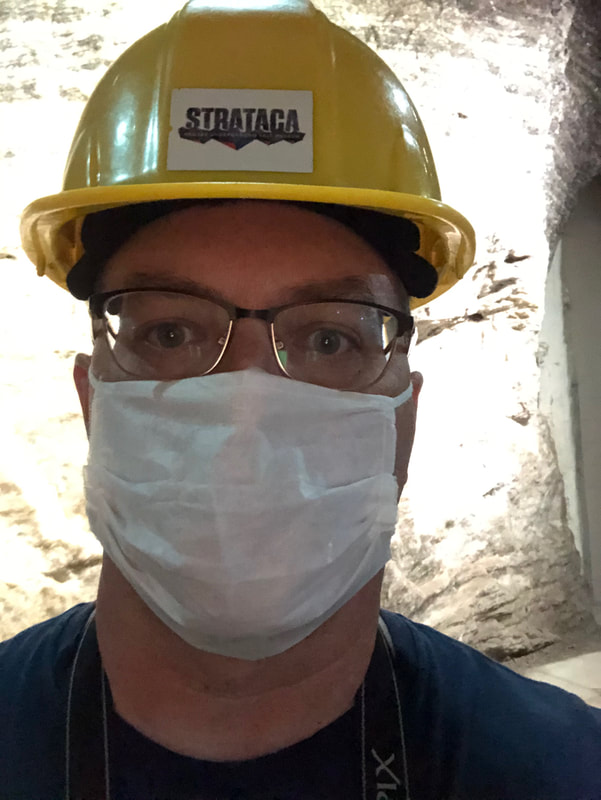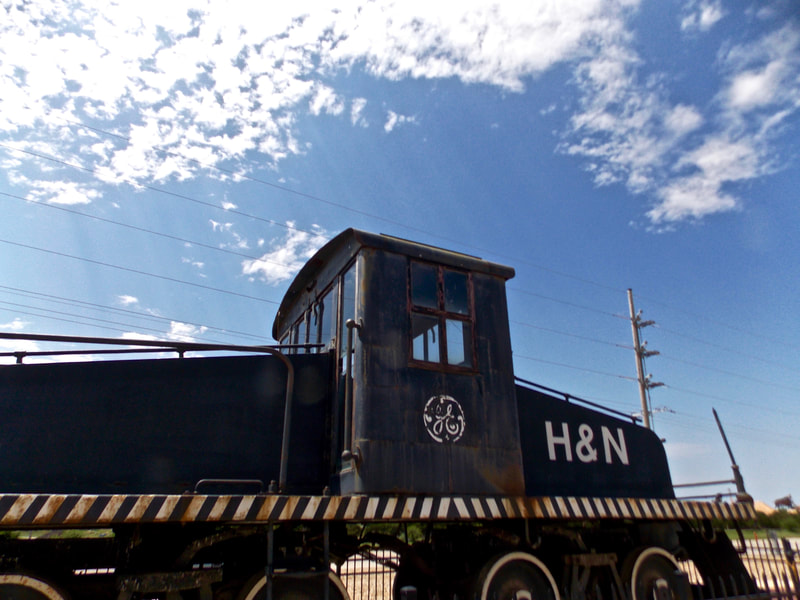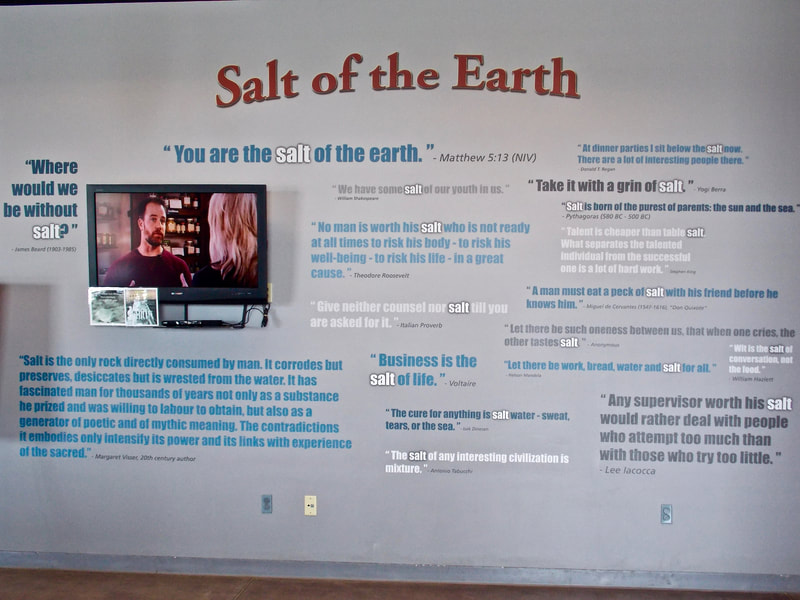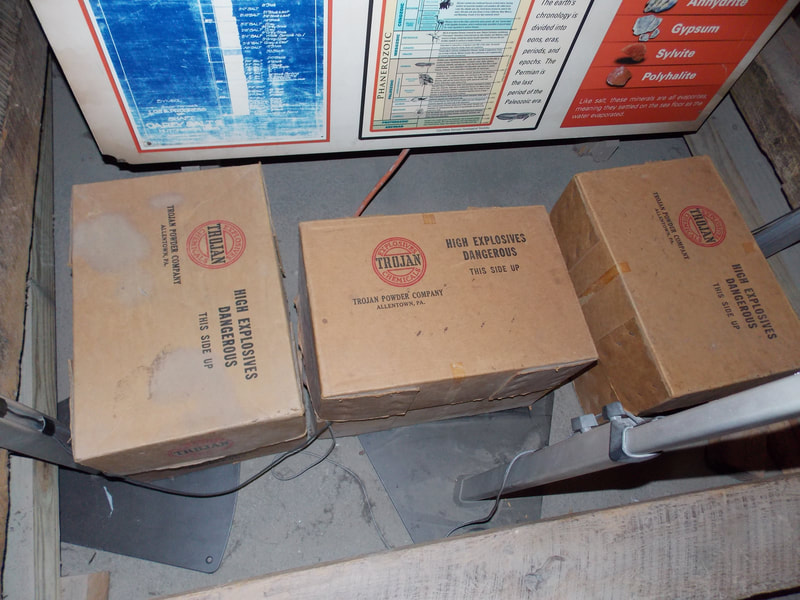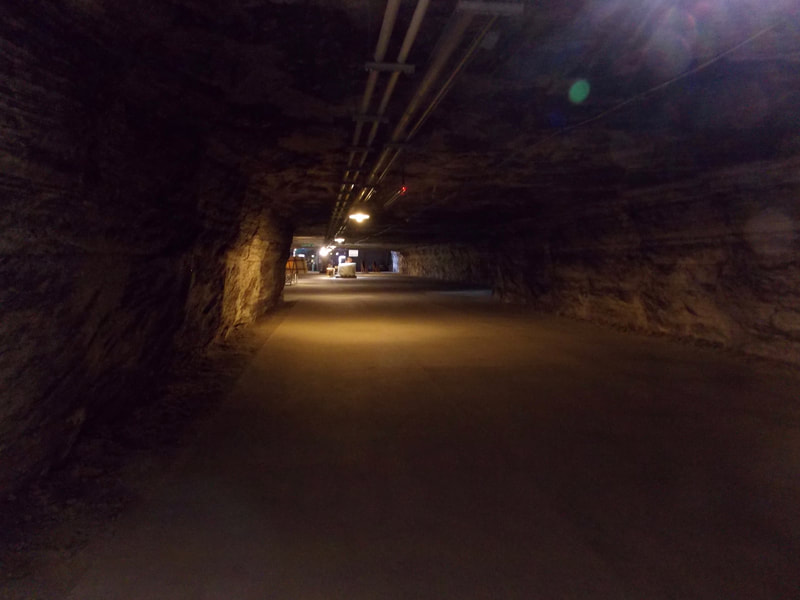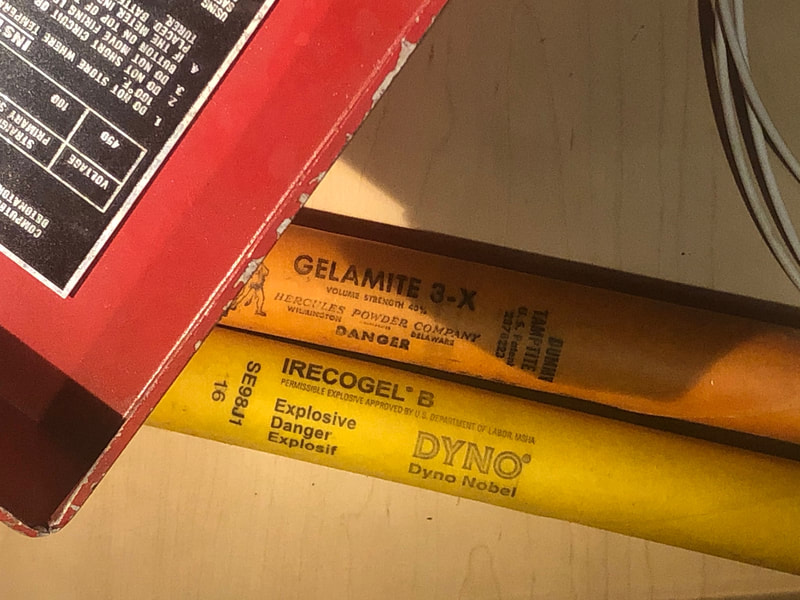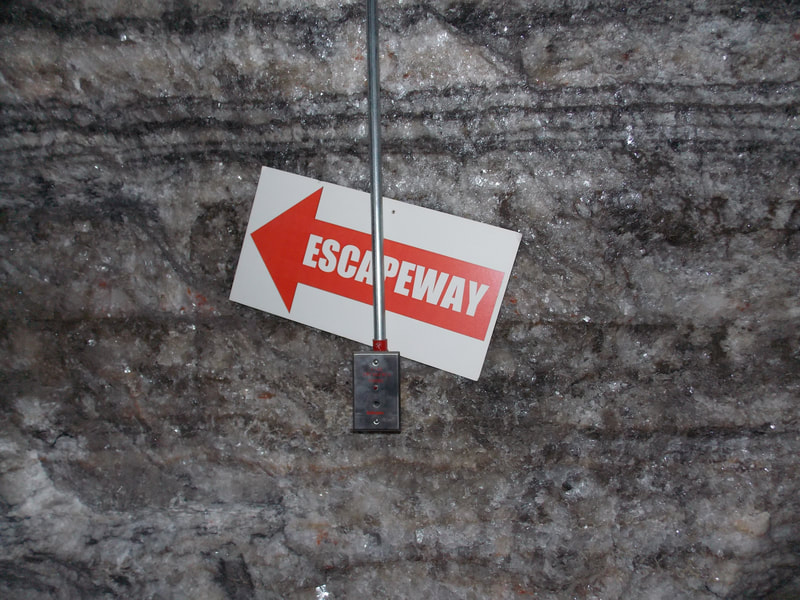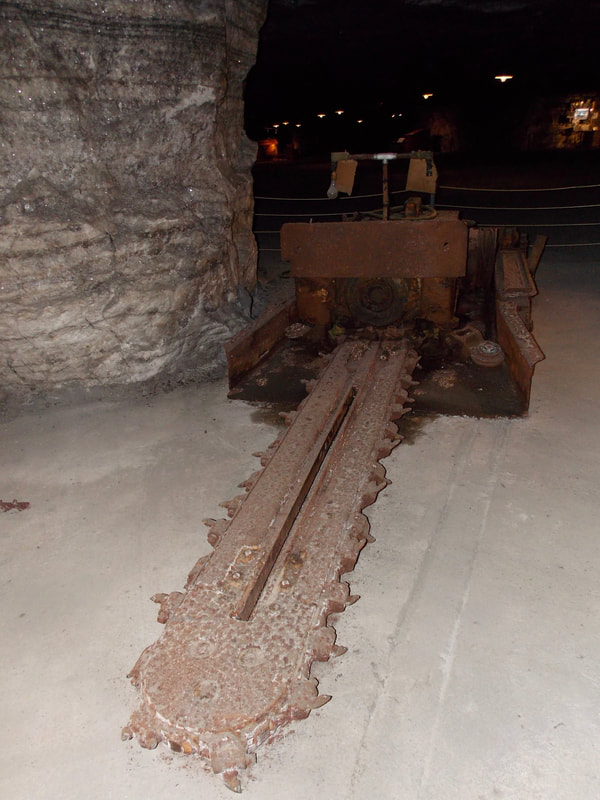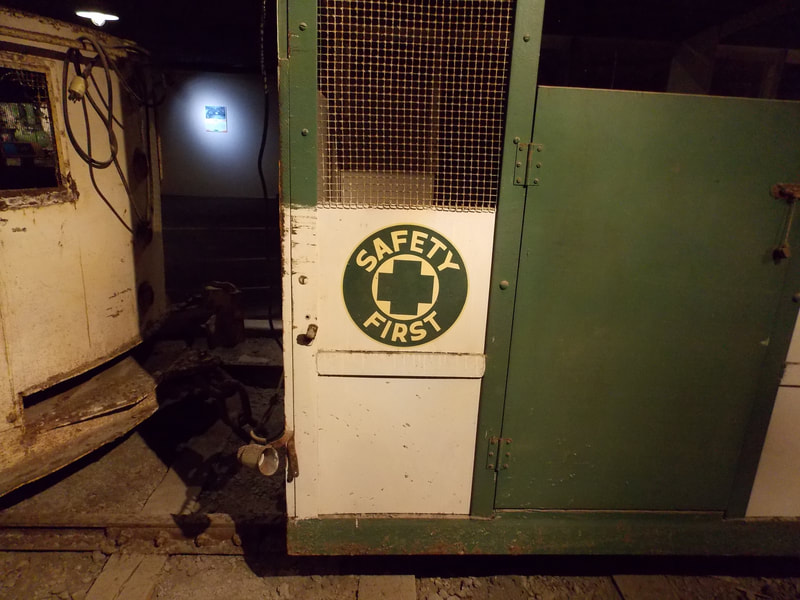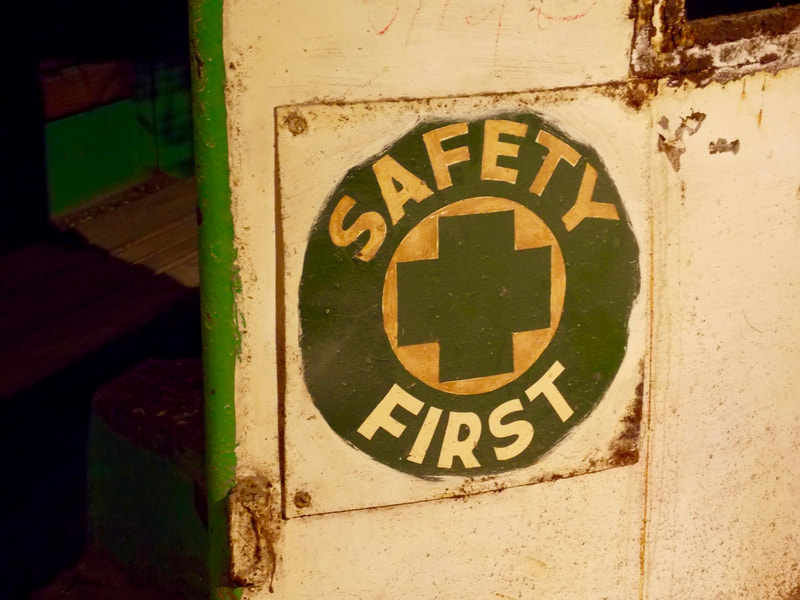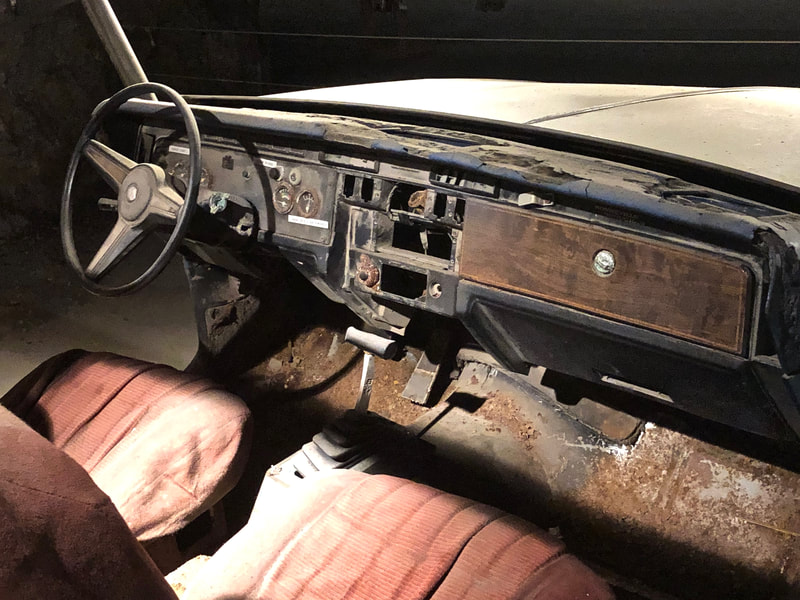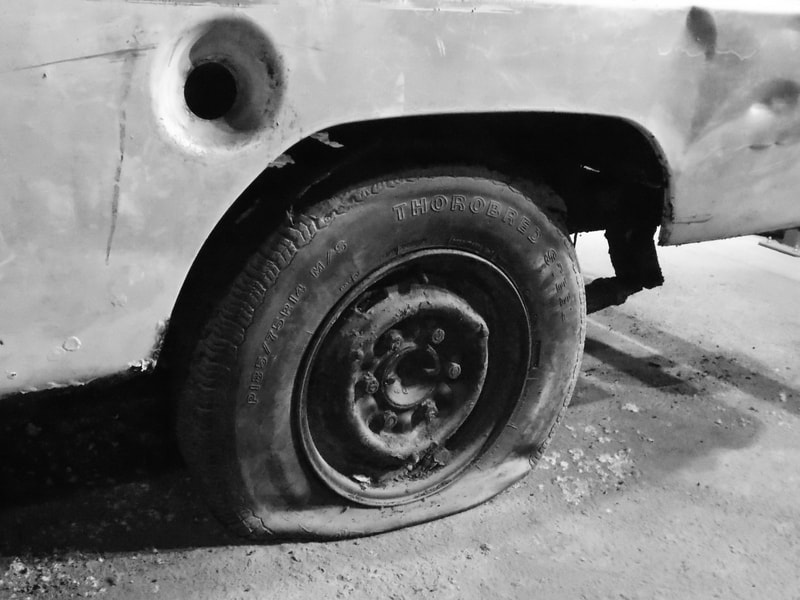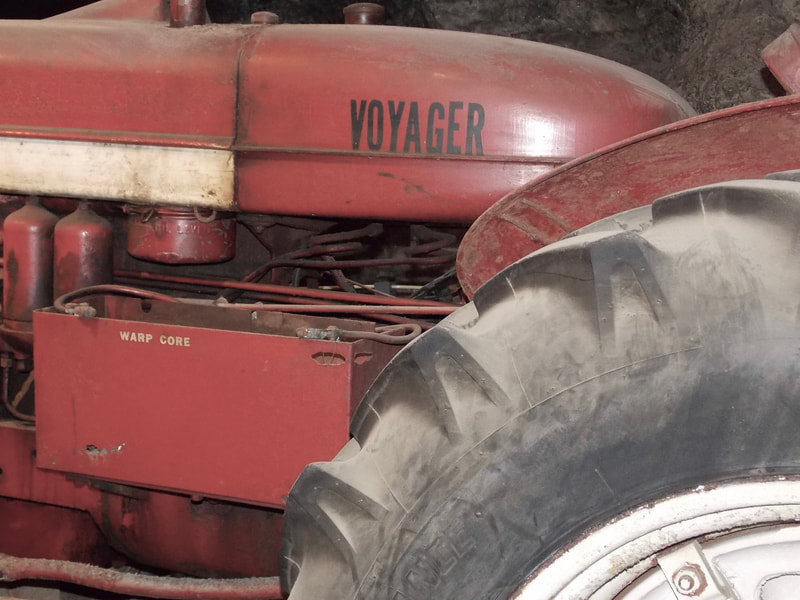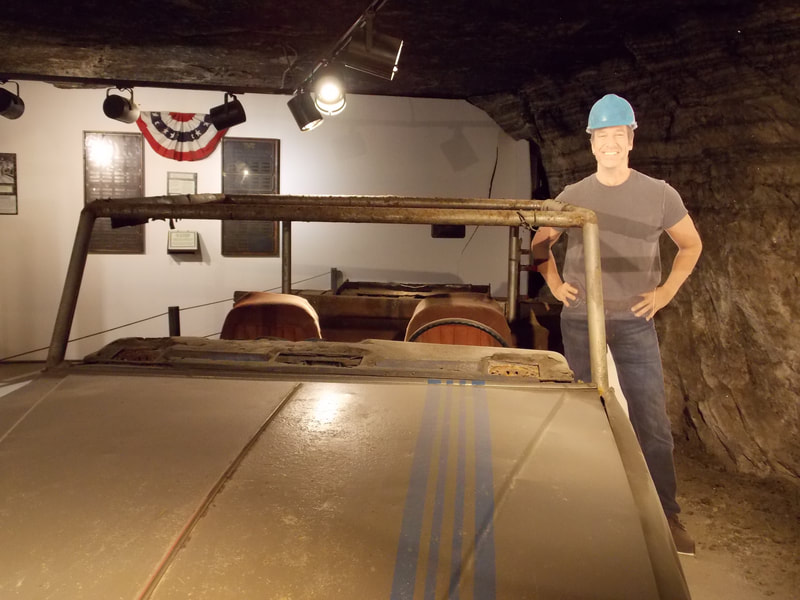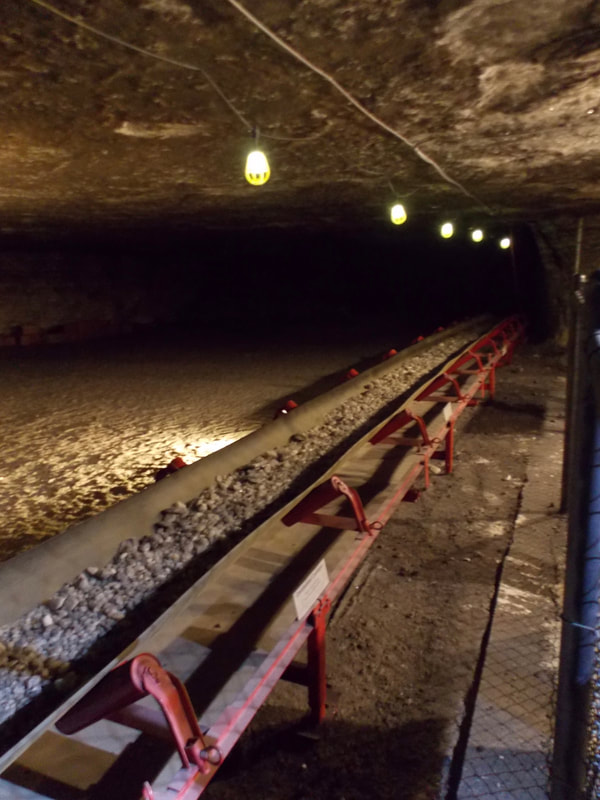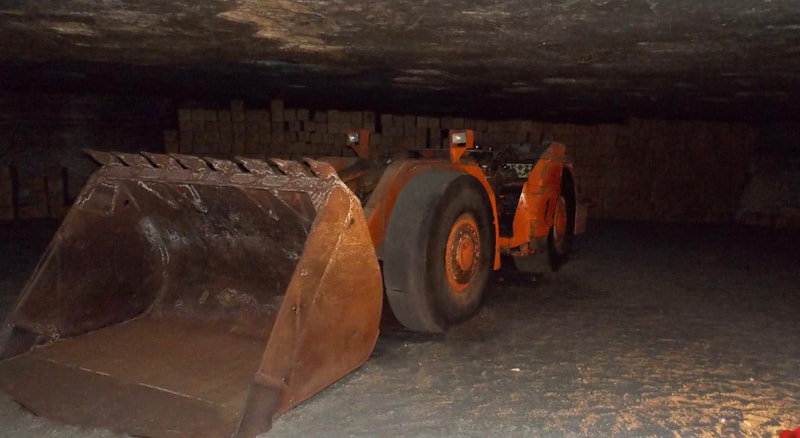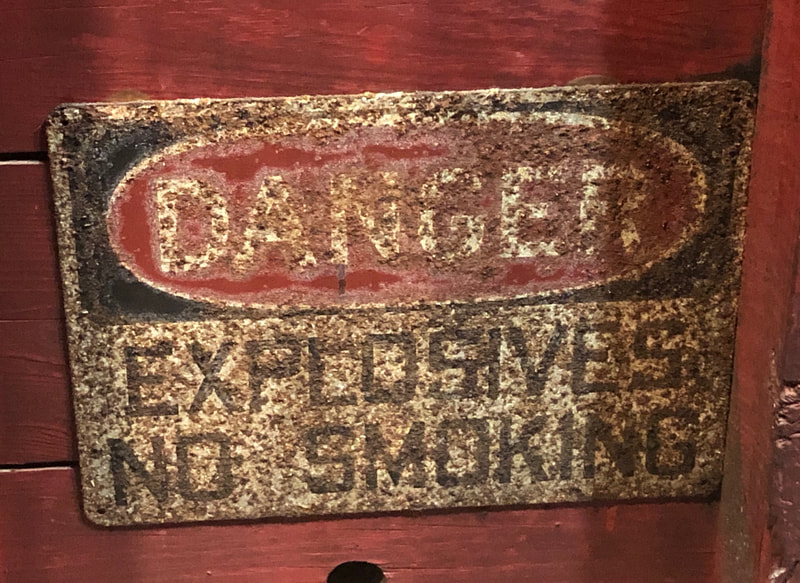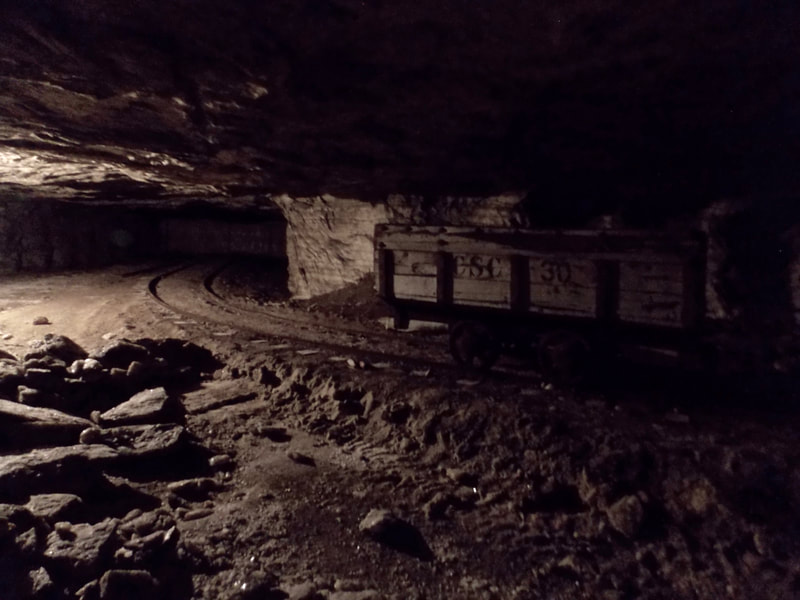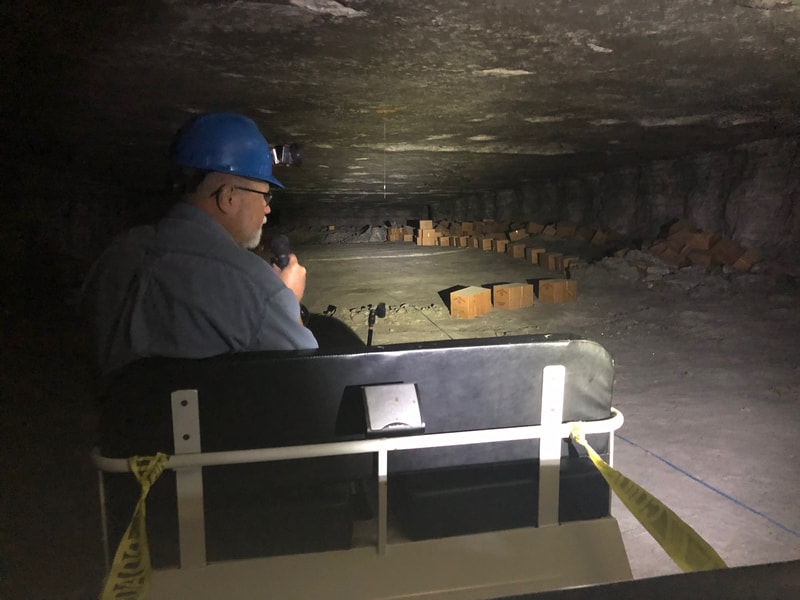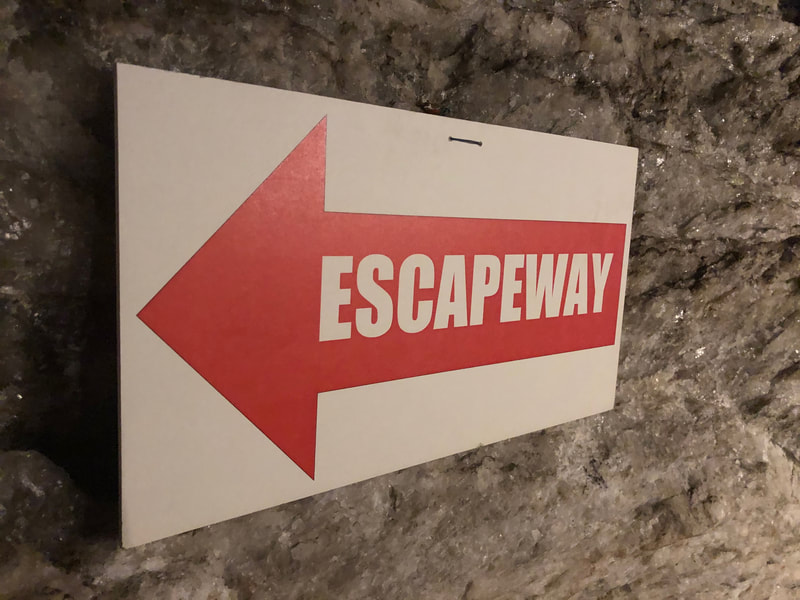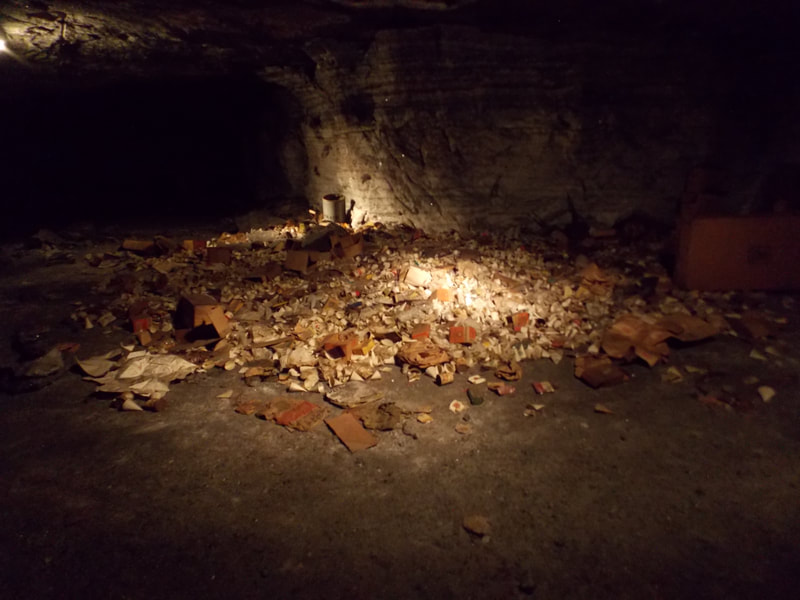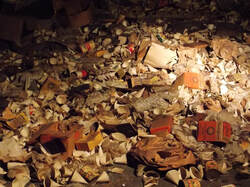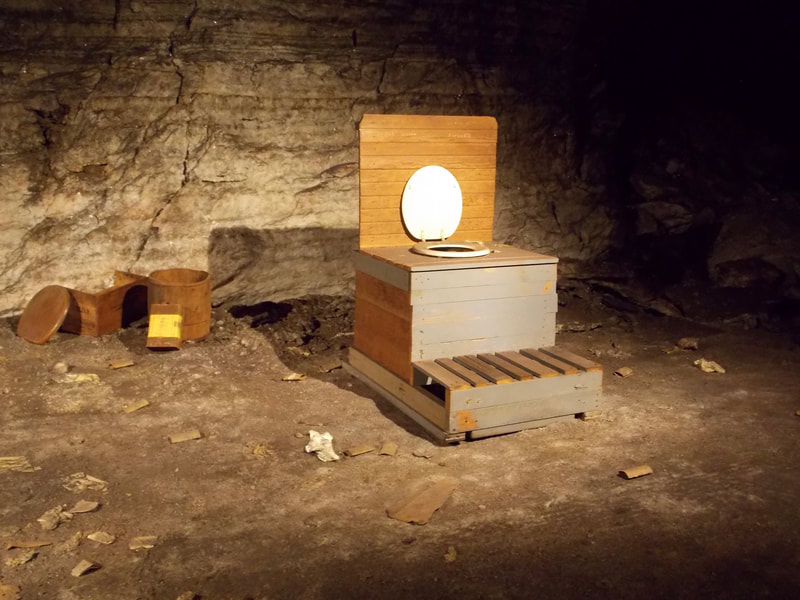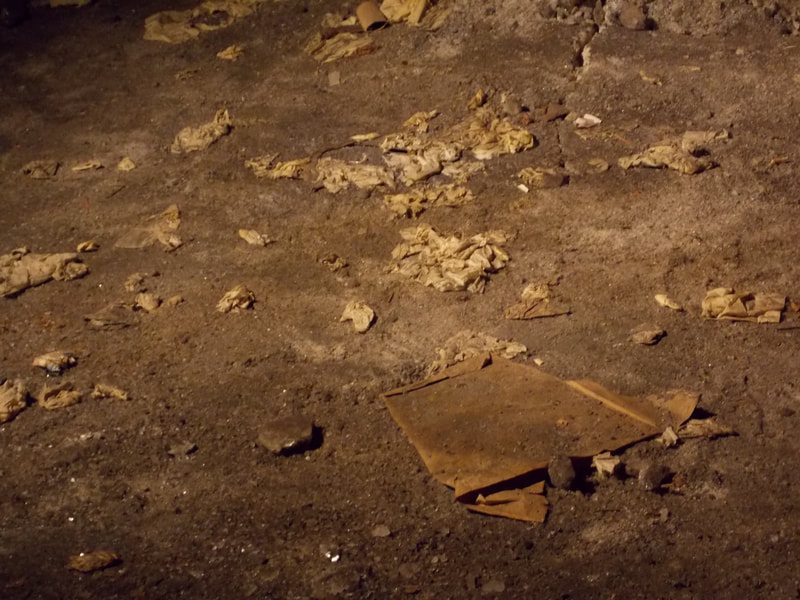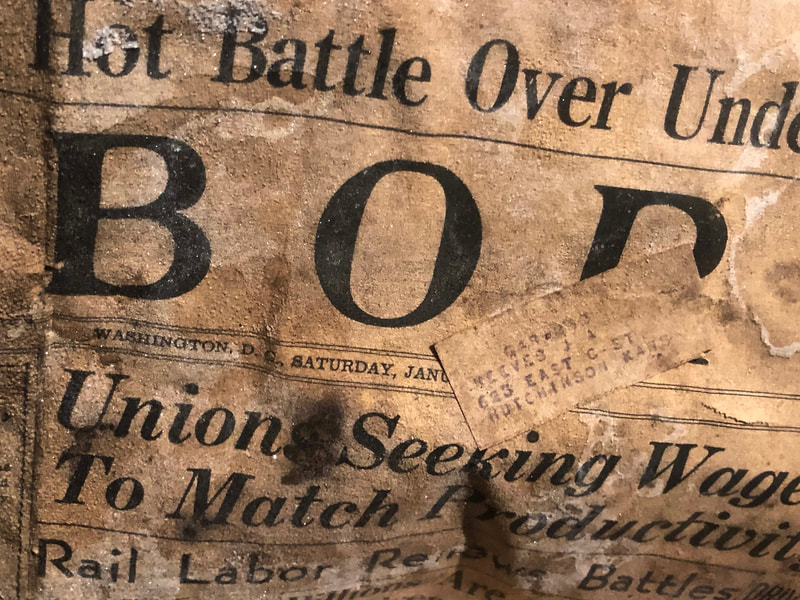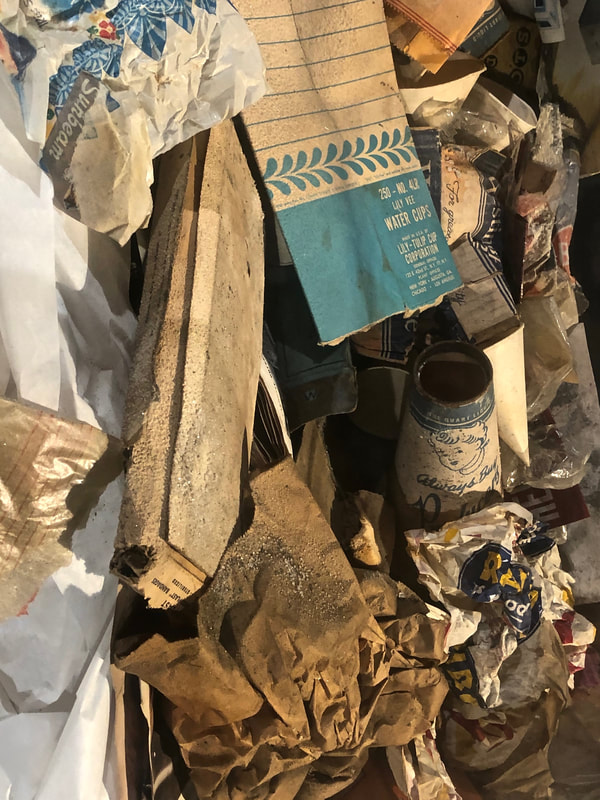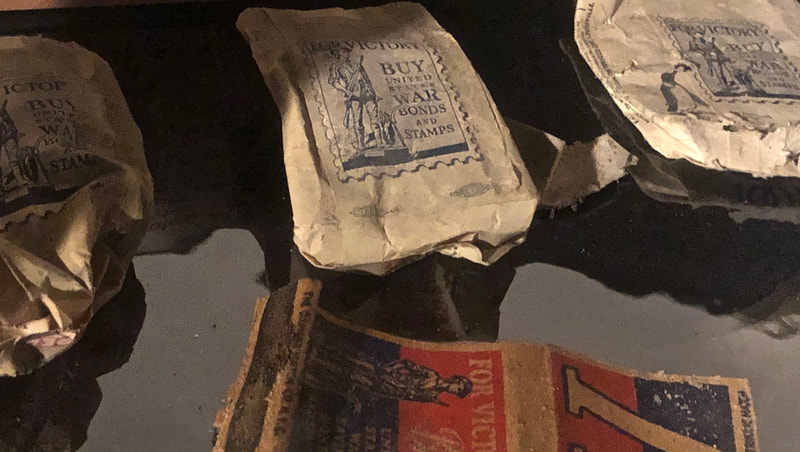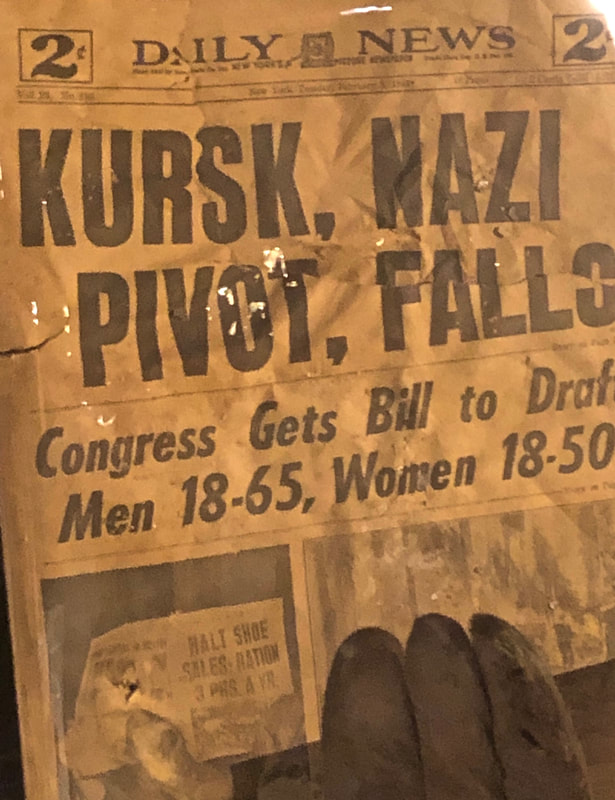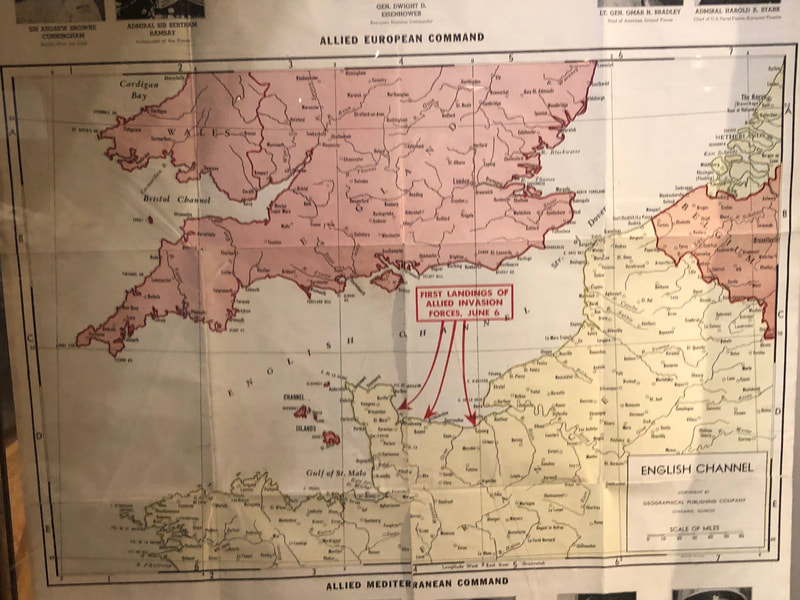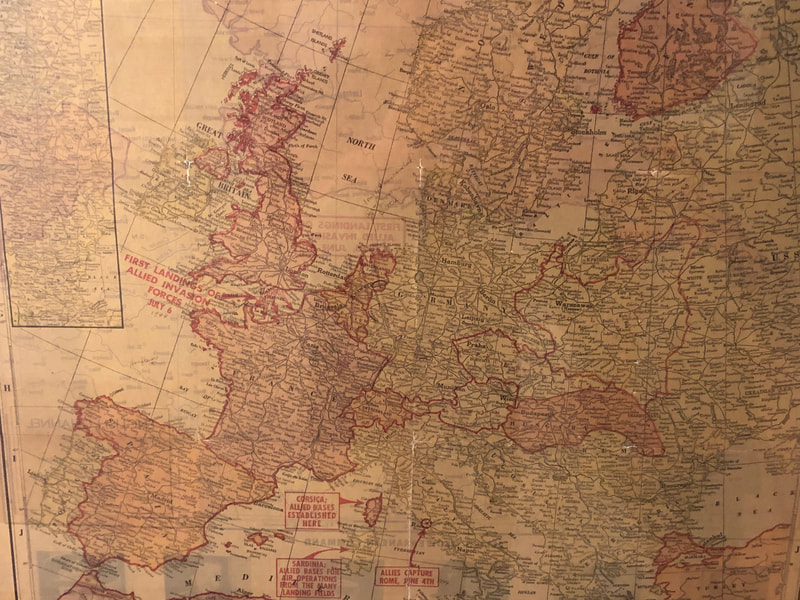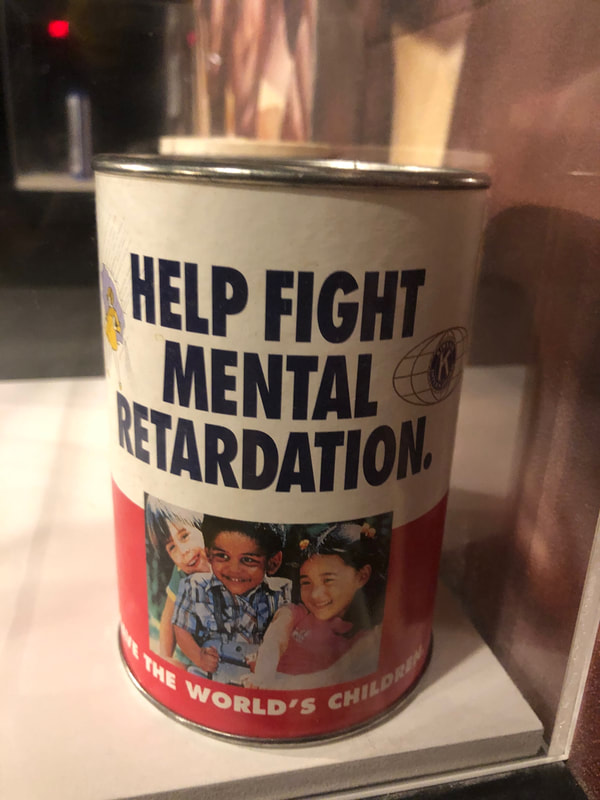| | Students are often called upon to read "chorally". That is, they read together simultaneously as a group. Repeating this practice assists young readers with reading fluency - the speed, accuracy, and inflection of oral reading. Why not, since it's called "choral" reading anyway, actually read the chorus of a song? |
|
0 Comments
Sometimes, when we go to the movies or as we watch a show on TV, we are transported into the plot. Directors understand that their selection of background music can change and enhance a scene. Now it is time to turn it around. This time, the music comes first. Do not watch the video; instead, let the music lead your imagination. As it plays, allow it to transport you into a scene that has yet to be written. Then, write the scene. Use all the visual imagery you can muster in your writing. At the end, you will share your writing. Will it stand on its own, without the music in the background?
There may be some legitimate reasons for not teaching history in the elementary classroom. There are also some excuses for not teaching history. We'll address six that are commonly used. There's Not Enough TimeIt's true. There's not enough time if your priorities are dictated by schedules and textbooks...but if you're not seeing a need for civics education based on established history these days, you may not be paying attention. If ever we are to bring people to the table for conversation, we must teach students how to have conversations. They need to be taught how to listen, how to disagree amiably, and how to resolve conflict. Base this on actual history, show them how people have gotten it right in the past - and how they have gotten it wrong - and you will be performing a great service not only for your students, but for society around them. I Haven't Had Enough Content Training.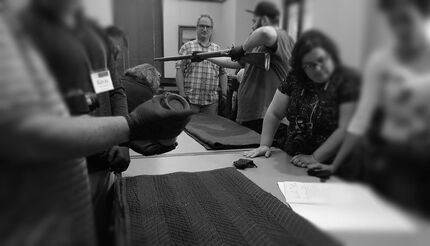 Teachers Learning History Hands-On Teachers Learning History Hands-On This is true, as well, and that's the reason things are out of whack in our profession. We could call it generational historical ignorance, and it's a problem that education has set up for itself. When we don't teach it, no one learns it. When no one learns it, no one teaches it. That cycle is deadly. I suppose this is a primary, secondary, and post-secondary failure. Is it possible, at some point, to break the cycle? I'd say we need to teach some content to the teachers and teachers-to-be. We need to get people interested in the content. It's a shame that we have sacrificed patriotism, identity, and heritage in the name of ignorance, melancholy, and apathy. It Makes Me Uncomfortable.Some elementary teachers get into the profession because they like making cute bulletin boards, teaching cute kids, and creating cute, enjoyable activities. History breaks that mold, because (Say it together!), history is ugly, not cute. It includes murder, treason, war, abuse, infidelity, racism, and all kinds of negativity. Still, taught effectively, you will keep your students attention, at appropriate developmental levels. While teachers like cute things, they also should recognize that it's all about storytelling. Every good story has conflict, but not every story has a happy ending. Find the stories within your section of the social studies. Let your students marinate in some complicated thinking. Help them understand the overarching picture, develop their conclusions, and apply the skills you are teaching them. It's Too Controversial.It can be controversial - that's true - but that's not our fault. Teaching the facts of history does not mean that we are complicit in the actions of historical figures. The facts are the facts. Sometimes they implicate people, and sometimes they simply demonstrate the flaws in humanity. Life happens, resulting in good and evil consequences. Educators aren't always obliged to take sides, but to show the causes and effects of the choices made in the past. Please don't shy away from the controversial: that may just be the spice of the lesson. It may get an unlikely student to sit up and pay attention.
It's not Relevant to Kids.OK. This one is blatantly untrue. If you believe kids are bored by the subject, you haven't been in our classroom to see my students have mature conversations about some very serious subjects in colonial and American history. Sure, you can stick to the biased and bland presentation of a textbook (Blah.), but the magic happens when the teacher brings it to life. Many teachers would be surprised to see ten-year-olds longing for more of a subject that the teachers themselves are bored with. Please do not project your own dysfunction in history education onto your pupils.
It's hard to make up my mind whether or not I liked this story. There were enough moments along the way that had me guessing, but I wasn't trying to predict the outcome of the story; instead, I was trying to guess what the real identity of the story was.
There are some disturbing sections in the storyline. Gwyn, who spells her name with a Gu- when spelled out properly and Gw- when abbreviated, is somewhat of an eccentric girl in spite of being critical of others. She is pretty self-righteous, though I'm not sure that's what author Amy Makechnie intended. In fact, I found Gwyn to be an annoying character who is far, far from empathic. She rudely dismisses her own mother's mental health, she mistreats the old lady who watches the going-on of the neighborhood, and she rudely accuses Gaysie of being evil just because she is different.
The end will have readers screaming at Gwyn for making the weakest of choices, defying authority, resulting in a regrettably-predictable tragedy. Like most kids, I suppose, she should have known better!
JaneWatch the process of archaeology from find and interpretation to reconstruction and presentation. How many careers are depicted in these videos? What education do you think was required for each of the jobs? Who was Jane? What is her story?
During the last part of the 1980s, I stumbled onto a dream job in El Reno, Oklahoma. The place was called The Wilds, located just a few miles north of Interstate 40 and west of Oklahoma City. Several acres of land boasted a 10-acre lake and a half-acre pond for fee fishing, a large restaurant modeled after a horse barn, a grist mill, paddle boats, a covered bridge, and a petting barn I applied for a job in the outside area, and quickly rose to become the manager. We had a business that was tourism-based, with the dreams of becoming something even greater. I lit bonfires, drove hayrides through the buffalo herd, designed educational tours, and guided college students and government groups through the property, telling them about the elk, the buffalo, the timber wolf, the rattlesnake, the mountain lion, and the rabbits. I showed them the farm animals, set them up on horseback rides, and taught them about fish farming. We booked country music artists to perform on stage, and we were even known for bringing in a day-full of entertainment with top country entertainers. And of course, one of my favorite things was walking up the hill to get a plate of food at the restaurant. I never got tired of the smoked ribs, catfish, and cheesecake. Did I say something greater? Yes, I did. The Wilds had aspirations of becoming a nationally-known destination in central Oklahoma - a place that taught as well as entertained. The Wilds family, in fact, had already purchased a full-scale railroad with all of the workings. Before I came along, they already did all of the dirt work in preparation for laying the railroad track. One of my jobs was going to be to help create the experience for guests. Perhaps a dinner ride with appropriate western entertainment. Maybe a children's field trip ride. Or even a good old-fashioned holdup. The train would have chugged through the western prairie and even encounter the buffalo herd. Other plans included a themed campground and perhaps an old western Main Street with vendors and themed hotel lofts. My personal thoughts went to other attractions based on Oklahoma history. This job was right up my alley, allowing me the freedom to create scripts, assign jobs, order supplies, and schedule entertainment.
And then, the bank called the loan. The Wilds family had borrowed a half-million to a million dollars to purchase and move the railroad, the engine, cars, etc., but the bank needed the money early. This was the 1980s, remember, and banks weren't doing very well. Of course, the loan could not be repaid in such a lump sum, so the company declared bankruptcy. I was in the right place, but it was the wrong time.
I still dream about The Wilds from time to time, usually about a kind of revival of the property, but my parents recently drove by and took the pictures that accompany this writing. They were saddened by the condition of the property after all these years. There was a period of time when it was sold and run as a Christian camp of some sort, but it would never recover as a theme park or outdoor tourist venue. The overgrown nature of the property gives away the notion that it is completely abandoned. Still, my investment in the company was not in vain. By advancing to management and also receiving the title of Education Director, I discovered that I had a talent for working with elementary-aged children. Of course, I didn't know at the time. I finally got a new job, working in a furniture warehouse, and in a month, I was done. I became discouraged: I was no longer using my college degree for anything, and I felt like I was spinning my wheels. On my drive home, during the urban rush hour of Oklahoma City, the idea dawned on me that I should go back to school to acquire my elementary teaching certification. I already had my secondary certificate and had already completed my student teaching (with no desire for teaching), so with the money I had saved, I went back to school for a year. If The Wilds had not failed and the furniture warehouse not been so frustrating, I don't know if I ever would have become an educator. There's no way of knowing what I would have done. The investment in The Wilds was really one of experimentation and growth. Lynn Wilds taught me great lessons in dealing with the public, doing hard work, having a good time while doing hard work, and not being afraid to get dirty (filthy at times). Those messages have kept me going for all the years since then, and I guess I don't look at troubles in life like most people do. The whole process taught me about perseverance and patience. It also taught me not to worry until there is something to worry about. I look at The Wilds with nostalgia, wishing I could return with a digital camera and document what once existed there. I wish I could slip onto the property to dig up some artifacts and relive the events of the late 1980s, even if it resulted in sore muscles and sunburn. While touring the Strataca Salt Mine Museum in Hutchinson, Kansas, we were reminded of one of the supplementary uses of the underground space. A company called the Underground Vaults & Storage leases a portion of the abandoned section of the mine to store important documents, films, and artifacts. Hollywood movie companies pay UV&S to store original films and negatives from movies and television programs in the salt mine. The salt atmosphere preserves everything very effectively for decades. Also in the space are a few movie props and costumes. We found Mr. Freeze, Batman, Superman, and other costumes from popular films. We also saw the "Dorothy II" apparatus from Twister and a few props from Men in Black. The most interesting item in the area is the original April 16, 1865, New York Herald. This paper is from the day after President Lincoln was shot at Ford's Theater. The preservative qualities of the salt have kept this copy of the newspaper from typically yellowing, and the text is still easy to read.
"Ego is the anesthesia
that deadens the pain of stupidity." (Rick Rigsby)
If our students are thinking like this, we have wasted everyone's time! We can do better. Thinking that we can just hit a reset button without learning from what has gone before us is preposterous. Even in a video game, even with all of the save points and extra lives, a person has a slim chance at defeating the evil "bosses" without the practice that comes from repeated failure. That's a parallel that most of my students understand. History is never relevant. I'll never use History in my lifetime!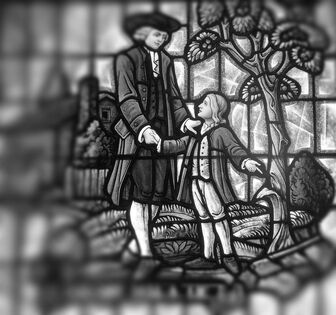 Stained Glass Display at George Washington's Mount Vernon Stained Glass Display at George Washington's Mount Vernon
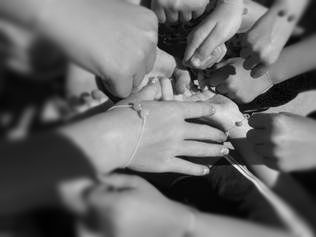 Imagine Respect's Potential Imagine Respect's Potential
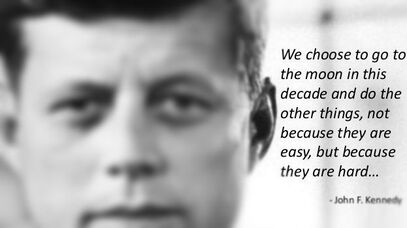 A well-informed citizenry might be a myth in itself, but it is a goal that we can work on. That it is hard doesn't make it something to avoid. President John F. Kennedy, in reference to sending astronauts to walk on the moon said, "We choose to go to the moon. We choose to go to the moon in this decade and do the other things, not because they are easy, but because they are hard." He continued the inspirational speech, explaining, "...that goal will serve to organize and measure the best of our energies and skills, because that challenge is one that we are willing to accept, one we are unwilling to postpone, and one which we intend to win, and the others, too." Our greatest heroes may have been slowed, but they have never let mountains, rivers, riots, or disease stop their forward momentum. That's something even for teachers to remember. Sometimes, when we go to the movies or as we watch a show on TV, we are transported into the plot. Directors understand that their selection of background music can change and enhance a scene. Now it is time to turn it around. This time, the music comes first. Do not watch the video; instead, let the music lead your imagination. As it plays, allow it to transport you into a scene that has yet to be written. Then, write the scene. Use all the visual imagery you can muster in your writing. At the end, you will share your writing. Will it stand on its own, without the music in the background?
Emily Ecton has authored a page-turner. With The Ambrose Deception, she constructed a mystery that keeps the reader interested. It was a quick read for me and a lot of fun to follow along as events developed.
I wish the end had lived up to the standards set along the plot path. The payoff at the end was kind of dropped in suddenly, and I felt it needed some more attention. There were components that could have been clearer.
In addition, I do wish there was more in the vein of consequences for some cheating that occurred along the way. The kids broke rules. They skipped school. They lied. They got in cars with strangers. But in the end, none of those things mattered, but perhaps they should have.
We should also consider plant and animal adaptations (habitat, survival, and structural)
to round out our science diet. My wife and I visited the salt mine in Hutchinson, Kansas, a few years ago, and thought it to be a most unique experience. Most people probably do not know that this place exists in the first place. This time, we brought the kids along to join in the fun. The folks at Strataca have really put together something cool here, and it's worth a day trip or a two-day trip to experience the mine, Cosmosphere (which I'll write about in the near future), and the Kansas country view at this time of the year, which I found to be quite beautiful.
Maybe you, like I was, would be interested in the newspapers and maps from World War II, the cigarette wrappers and matchbooks marked with prominent Vs for victory, or the collection can to "Help Fight Mental Retardation". We wouldn't think these to be worth much, but their connection with history and the culture of several decades ago are compelling. We might even consider some of the items (like one that uses the word retardation) to be insensitive today, but that doesn't mean it didn't happen and we can't learn from it. Kids might be more interested in seeing the primitive-looking toilet still surrounded by unused rolls and used toilet paper.
Salt is a terrific preserver of these items and others - something I will address in a couple of posts to come. Check back in coming days to learn more about this location and others nearby that our family visited on our recent trek into Kansas. 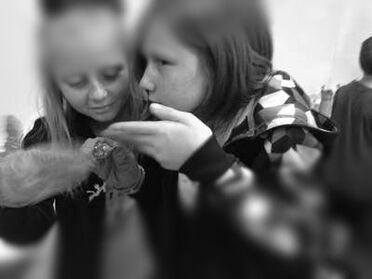 How many times have we heard it? Sports teach teamwork. Sports teach sportsmanship. First of all, really? Because what I see is a lot of growling and posturing. Oh sure, an effective team has to work together, but isn't there also a bunch of trash talk and intimidation? What is the locker room talk like? Is there any bullying of the weaker members of the team or of the kids who aren't on the team? But more importantly, and more to the point of this writing, why are we depending on sports to teach teamwork and sportsmanship? If we do, aren't we leaving a lot of people out? When does the rest of the population learn how to work with a team or how to lose and win? I opine that we should more consciously spread that responsibility beyond the coach and put it into regular classrooms. My primary responsibility is not to teach reading and writing, math and science, or even history, but to teach my students to think for themselves, work with other people (even with people who are different), listen to people with whom they disagree, and respect people who do not show respect. Just for kicks, let's say that all of this belongs under the umbrella term of citizenship. How about teaching respect outright? How about explicitly teaching how to greet other people? What about teaching students how to ask questions to show interest in other people? What about teaching the steps of responsibility without beating around the bush? How about integrating these so-called soft skills into every period of the day, not implicitly on the back burner, but right up front? We can no longer afford to hide these skills in the weight room, on the court or the field. No longer can we sneak these skills into the huddle. No longer should we allow our referees to clean up the mess of unsportsmanlike behavior. |
AnthemThe Hoggatteer Revolution
is an extensive, award-winning, inimitable, digital platform for Encouraging and Developing the Arts, Sciences, and honest Christianity in the beautiful, friendly LAND OF THE FREE AND THE HOME OF THE BRAVE This site is described as
"a fantastic site... chockablock full of interesting ideas, hilarious anecdotes, and useful resources." 
...to like, bookmark, pin,
tweet, and share about the site... and check in regularly for new material, posted often before DAWN'S EARLY LIGHT! History in ResidenceElementary Schools: Bring Mr. Hoggatt into your classroom for a week of engaging and rigorous history programming with your students. LEARN MORE BUILDING BETTER
|
